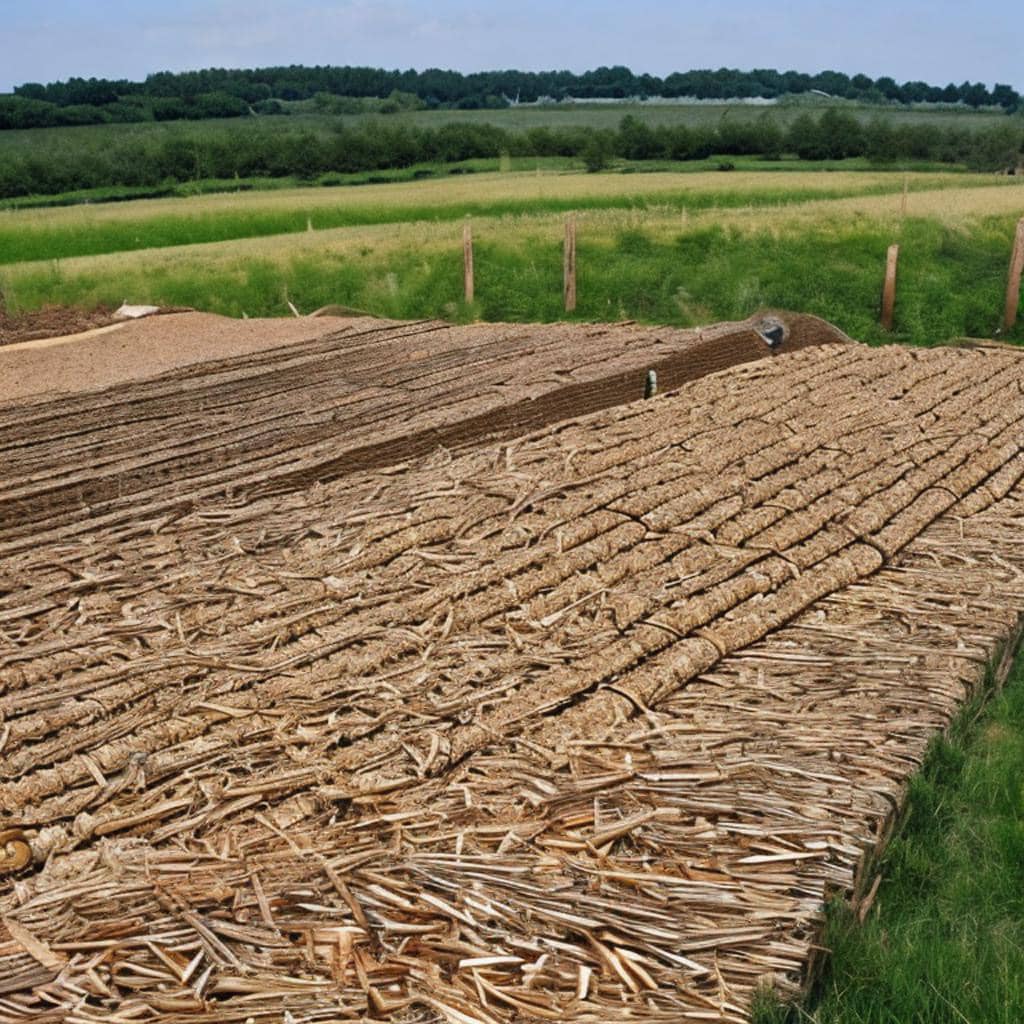Biomass Energy: An Overview
Biomass energy is a renewable energy source that uses organic materials, such as wood, crops, and animal waste, to generate electricity. Biomass can be burned directly to produce heat or electricity, or converted into biofuels, such as ethanol and biodiesel, for use in transportation.
Biomass power plants use a variety of feedstocks, including agricultural waste, forest residues, and energy crops, to generate electricity. The feedstock is burned to produce steam, which drives turbines and generates electricity.
Advantages of biomass energy include
Renewable and sustainable
Biomass energy is a renewable and sustainable energy source, as organic materials can be regrown or replenished.
Can utilize waste materials
Biomass energy can be generated from waste materials that would otherwise be disposed of, such as agricultural waste and forest residues.
Can be used for both heat and electricity
Biomass energy can be used to generate both heat and electricity, making it a versatile energy source.
Carbon neutral
Biomass energy is considered carbon neutral, as the carbon dioxide emitted during combustion is offset by the carbon dioxide absorbed during the growth of the organic materials.
Can support local economies
Biomass energy can support local economies by creating jobs in the harvesting and processing of feedstocks.
Challenges associated with biomass energy
Limited availability of feedstocks
The availability of biomass feedstocks can be limited in certain areas, and the transportation of feedstocks can be expensive.
Impact on land use
The production of energy crops for biomass can have an impact on land use and compete with food crops.
Emissions from combustion
The combustion of biomass can release pollutants and greenhouse gases, such as nitrogen oxides and carbon monoxide.
Inefficiencies in conversion
The conversion of biomass into energy can be inefficient, resulting in lower overall efficiency of the energy system.
Biomass energy is a promising technology that can provide a significant amount of clean and renewable energy. While there are still challenges to be addressed, such as limited availability of feedstocks and emissions from combustion, biomass energy has the potential to play an important role in the transition to a more sustainable and low-carbon energy system.

Source OpenAI’s GPT language models, Fleeky, MIB, & Picsart
Thank you for questions, shares and comments!
Share your thoughts or questions in the comments below!






